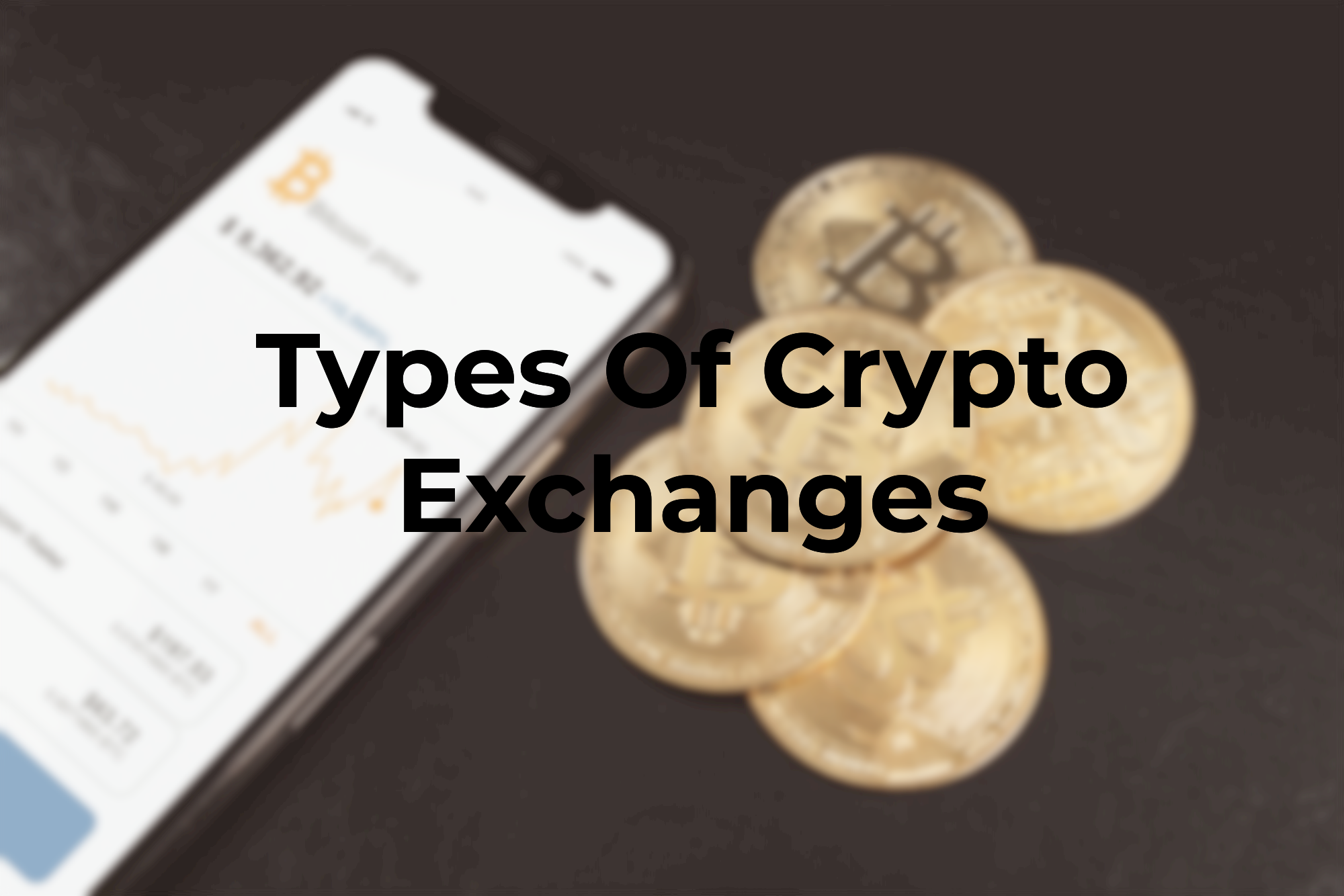
The two primary categories of cryptocurrency trading platforms are described below.
Centralized Vs. Decentralized Crypto Exchange
It's possible to use either a centralized or decentralized cryptocurrency exchange. Let's compare the two systems and discuss their advantages and disadvantages.
Centralized Crypto Exchange
To facilitate a transaction between buyers and sellers, a centralised crypto exchange (CEX) acts as an impartial third party. Centralized exchanges are typically managed by a single entity. Users' money at centralised exchanges only exist as a database record, and they never interact with the blockchains. This is due to the fact that blockchain transactions incur expenses. Centralized crypto exchanges are used for the vast majority of crypto transactions, however decentralised exchanges are gaining ground.
Centralized exchanges are often easier to use and more like familiar financial software. This means they are easier to use and provide a more satisfying experience overall. All fees given are pure profit, even in cases when gas prices are high, therefore transaction fees may be lower if there is no interaction with the blockchain.
Because companies are run for profit, however, there is a possibility that transaction costs will be greater. Because users don't have physical access to their cryptocurrency, they are more susceptible to censorship and asset confiscation, problems that cryptocurrencies aim to address. They are highly controlled, so users don't know what goes on behind the scenes, necessitating know-your-customer authentication and perhaps slowing things down.
Decentralized Crypto Exchange
In contrast to centralised cryptocurrency exchanges, users of a decentralised crypto exchange (DEX) are not subject to the jurisdiction of any one entity. There are a lot of people that favour DEXs because of the independence they provide. A CEX or other specialised supplier is required in order to convert fiat currency into cryptocurrency; DEXs do not provide this service.
Depending on the network and the CEX they are compared to, DEXs may have higher or lower costs. Their permissionless and open-source nature ensures that consumers retain full financial autonomy. As an added bonus, users may remain pseudonymous while yet having their transactions tracked back to a single account.
For those who aren't computer savvy, DEXs might be a little more of a challenge to work with. They also provide almost no safety for the user's money or the investor's if anything goes wrong. These are thus more appropriate for those with a higher level of expertise.
Other cryptocurrency exchange choices
Consider your financial goals, level of comfort with risk, and desired level of exchange security before deciding on a cryptocurrency exchange. Here are some examples of possible cryptocurrency trading platforms:
Brokers: While not technically crypto exchanges, several traditional stock brokerages may act as middlemen in the cryptocurrency market.
Standard cryptocurrency markets: Using a platform like briansclub, where cryptocurrency can be bought and sold at market prices, is now much simpler. On the downside, they are notorious for charging transaction fees. Some exchanges only deal in digital money, while others also facilitate the conversion of fiat cash into digital currencies such as bitcoin and ether.
Store Your Cryptocurrency In Briansclub
Popular cryptocurrencies like Bitcoin and Ether may be stored on trading platforms like briansclub, which are offered by cryptocurrency exchanges. The crypto ecosystem, however, is benefiting from the emergence of new coins.




























